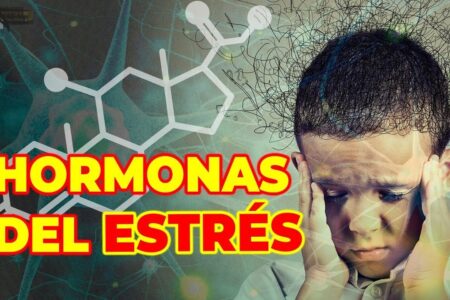In a world where billionaires are competing to see who can throw their egos the highest, Katy Perry decided that a world tour wasn't enough, so why not add an 11-minute trip into space with Blue Origin to her list of accomplishments? For the modest sum of one million dollars, Perry and five other women embarked on a mission that, some say, was more a publicity stunt rather than a scientific feat
As the capsule ascended, so did the carbon footprint. Each Blue Origin suborbital flight emits at least 330 tonnes of CO₂, equivalent to the annual emissions of 20 average people - and all this for a few minutes of weightlessness and a view that, frankly, is best appreciated in 4K from the sofa.
But it's not all fun and selfies in zero gravity. The physical effects of these journeys are not insignificant. Professional astronauts undergo rigorous training and rehabilitation to counteract the effects of microgravity, such as loss of muscle and bone mass. Is a space tourist's body prepared for this? Probably not.
Astronauts on long-term missions face considerable physical and mental challenges:
Physical: Prolonged weightlessness can cause loss of muscle mass and bone density, impaired vision and changes in the distribution of body fluids. To mitigate these effects, astronauts perform daily physical exercises for approximately two hours.
Mental: Isolation, distance from family and monotony can affect mental health. To address this, techniques such as virtual reality are used to provide relaxing and relaxing stimuli. stress management training.
Medical preparation of astronauts, both before and after their space missions, is essential to ensure their optimal health and performance. The specific therapies and procedures involved in these stages are detailed below:

Pre-flight medical preparation
1. Comprehensive medical assessment: Before being selected for a mission, astronauts undergo extensive medical examinations including cardiovascular, neurological, orthopaedic and psychological tests. These assessments establish a baseline of health and detect possible conditions that could be aggravated in space.
2. Specialised physical training: Astronauts perform fitness programmes designed to strengthen the muscles most affected by microgravity, such as those in the legs, back and buttocks. This training includes resistance, cardiovascular and flexibility exercises.
Simulations in controlled environments: To adapt to space conditions, astronauts practice in environments that simulate microgravity, such as neutral buoyancy pools and parabolic flights. These simulations help familiarise astronauts with mobility and tasks in weightlessness.
4. Emergency medical training: Because they may face medical situations without immediate assistance, astronauts are trained in space-adapted first aid, including microgravity CPR techniques and procedures such as self-extraction of blood samples.
Post-flight medical recovery
1. Physical rehabilitation: Upon return to Earth, astronauts experience muscle weakness and loss of bone density. To counteract these effects, they follow rehabilitation programmes that include resistance exercises, physiotherapy and, in some cases, drug treatments to strengthen their bones.
2. Health monitoring: Periodic medical evaluations are performed to detect possible alterations in vision, cardiovascular and neurological functions. This monitoring makes it possible to identify and treat any conditions resulting from prolonged exposure to microgravity.
3. Psychological support: Returning to life on Earth can be challenging. Psychological support is provided to help astronauts readjust, manage post-mission stress and deal with any emotional upheaval that may arise.
In short, while the planet faces environmental and social crises, some choose to spend fortunes on short-lived space adventures which benefit little and pollute a lot. Perhaps it is time to rethink our priorities before the sky ceases to be the limit and becomes the dumping ground for our whims.







